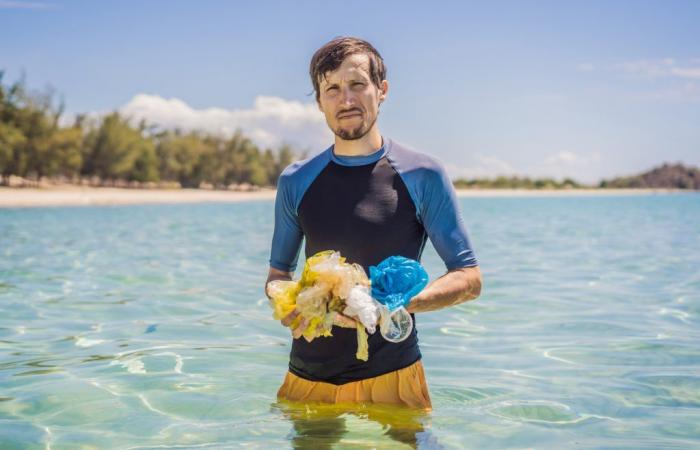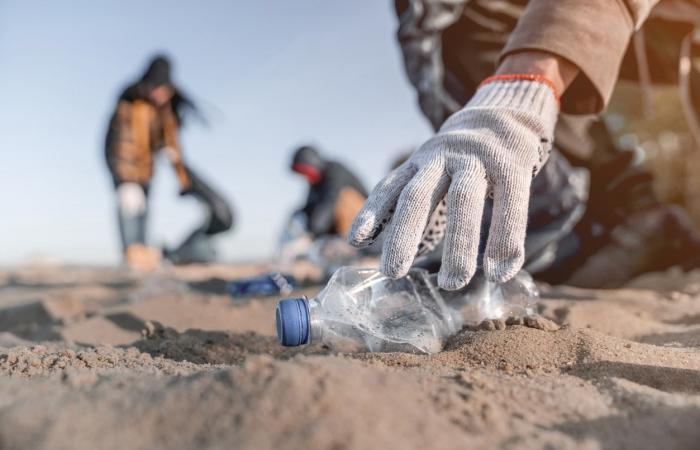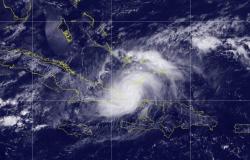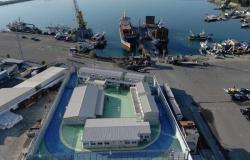Plastic pollution is a scourge for the ocean, and in particular for the marine species living there. However, some scientists think it is better not to clean the seas of plastic particles… Why?
How plastic pollutes the ocean
Due to its inability to degrade effectively in natureplastic represents a major ecological issue, for several reasons:
- Degradability (resists natural decomposition, can take hundreds of years to completely degrade)
- Utilisation massive and omnipresence (most everyday products and objects contain plastic)
- Poor waste management or negligence (no effective system for collecting and recycling plastic waste; many end up in nature)
- Microplastics (particles less than 5 millimeters present in large quantities in the ocean, and ingested by marine organisms)
- Impact on marine fauna and flora (serious injuries, digestive problems, death from suffocation or poisoning).
To fight against plastic pollution in the oceans, it then becomes crucial to reduce its production, or to favor reusable plastic materials, even if these cannot be entirely recycled at the end of their life (find out the percentage of plastic that has actually been recycled since 1950).
Why do some scientists think we should not remove plastic from the oceans?
According to a small group of researchers, clean the oceans could endanger certain marine species that have become accustomed to plastic… The dilemma is great.
well that plastic disrupts the food chain many speciesthe scientists in charge of the investigation would have demonstrated that other organisms such as neuston* owe their proliferation to it. These organisms living on the surface of the water would indeed seem to have well adapted to pollutionsuch as the sea dragon Glaucus or snails Janthina.
*The neuston brings together all the organisms linked to the water surface, that is to say at the interface between water and the atmosphere (algae, molluscs, cnidarians).
Thus, we would observe a immense quantity of neuston on the famous 7th continent of waste, this mass of plastic microparticles evolving at lightning speed with the waves of the Pacific. According to some biologists, cleaning the oceans could then endanger this group of species. Rebecca Helman American ecologist, even dares to assert:
Some ocean cleanup projects could deprive the world of an entire ecosystem that we don’t understand and may never recover.
It’s hard to know what to think…
In conclusion, plastic pollution is a scourge for the ocean and its inhabitants, representing a major ecological issue. Plastic, resistant to natural degradation, is invading our oceans due to its massive use and poor waste management. Microplastics, in particular, pose serious problems for marine life, causing injuries, digestive problems, and even death.
However, some scientists raise an intriguing dilemma: cleaning the oceans of plastic could potentially harm some marine species that have adapted to this polluted environment. Neuston, a group of organisms that live on water surfaces, appear to proliferate in the presence of plastic, with species like the Glaucus sea dragon and Janthina snails finding niches in these conditions.
The 7th continent of waste, a vast accumulation of plastic microparticles, has become a habitat for these organisms. Biologists, like Rebecca Helm, warn against ocean cleanup projects that could destroy a unique ecosystem that we don’t yet fully understand.
This situation poses a complex dilemma: should we clean the oceans at the risk of disrupting suitable ecosystems, or should we leave plastic in place, endangering other species and the overall health of the oceans?
Another dimension to this dilemma is the impact of these ecosystems on the global food chain. Indeed, in addition to serving as a habitat for certain marine species, the neuston constitutes a source of food for other larger animals, such as sea turtles and certain fish. By altering this fragile balance, plastic cleaning could therefore disrupt entire trophic levels, thus affecting biodiversity on a much larger scale. The issue is therefore not limited only to the preservation of a habitat, but to the stability of entire food networks which now depend, despite themselves, on this plastic pollution.







